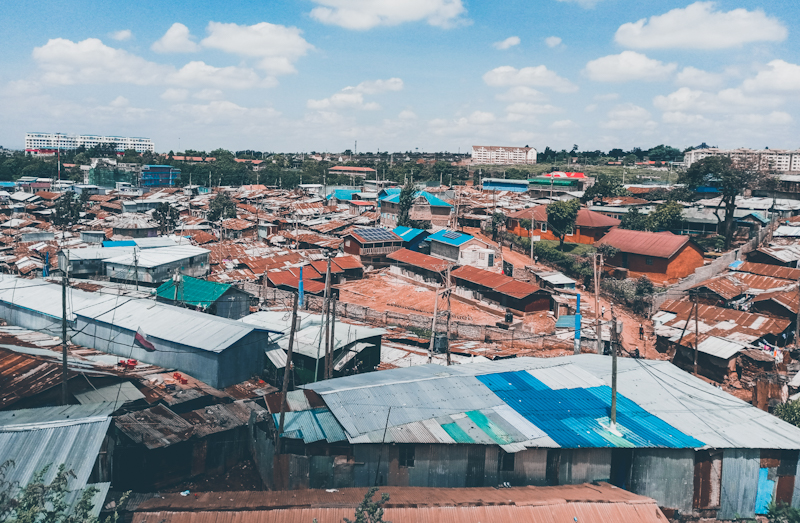The world risks big misses across the Sustainable Development Goals (SDGs) unless actions to accelerate implementation are taken, warns a UN report released on Monday.
According to “The Sustainable Development Goals Report 2023: Special Edition”, failure to redouble global efforts to achieve the SDGs may fuel greater political instability, upend economies, and lead to irreversible damage to the environment.
The SDGs were unanimously adopted by world leaders in September 2015 as a blueprint for global development efforts leading up to 2030, with 17 goals aiming to end poverty, fight inequalities, and tackle climate change.
Using the latest data and estimates, the report provides a comprehensive midpoint assessment of progress towards the SDGs.
It reveals that systemic weaknesses have been exposed and progress towards the SDGs has been hindered by the combined impacts of the climate crisis, conflict in Ukraine, a gloomy global economic outlook, and lingering effects of the COVID-19 pandemic.
“Despite the decline in global disaster-related mortality, the number of people affected by disasters per
100,000 population has increased from 1,198 during 2005–2015 to 2,113 in the 2012–2021 period (excluding cases related to COVID-19). Between 2015 and 2021, a staggering 151 million people on average were affected by disasters each year globally,” the report notes.
Of the approximately 140 targets that can be evaluated, half show moderate or severe deviations from the desired trajectory, with more than 30 per cent experiencing no progress or even regression below the 2015 baseline.
The report states that impacts from the COVID-19 pandemic have stalled three decades of steady progress in reducing extreme poverty, with the number of people living in extreme poverty increasing for the first time in a generation.
If present trends persist, by 2030, 575 million people will remain trapped in extreme poverty and an estimated 84 million children and young people will still be out of school.
“This projection would represent a meagre poverty reduction of less than 30 per cent since 2015,” the report reads in part.
The report warns that while lack of progress is universal, it is the world’s poorest and most vulnerable who are experiencing the worst effects of these unprecedented global challenges.
However, progress has been made in some areas since 2015, illustrating the potential for further advances.
The share of the global population with access to electricity has increased from 87 per cent in 2015 to 91 per cent in 2021, with close to 800 million additional people being connected.
The number of people using the Internet has grown by 65 per cent since 2015, reaching 5.3 billion people of the world’s population in 2022.
Such important development gains demonstrate that a breakthrough to a better future for all is possible through collective action, strong political will, and effective use of available technologies, resources, and knowledge.
“We are at a moment of truth and reckoning. But together, we can make this a moment of hope,” writes UN Secretary-General Antonio Guterres in the forward of the report.
He urges all member states to make 2023 the moment when progress on the SDGs is jump-started to create a more peaceful and prosperous future for all.




